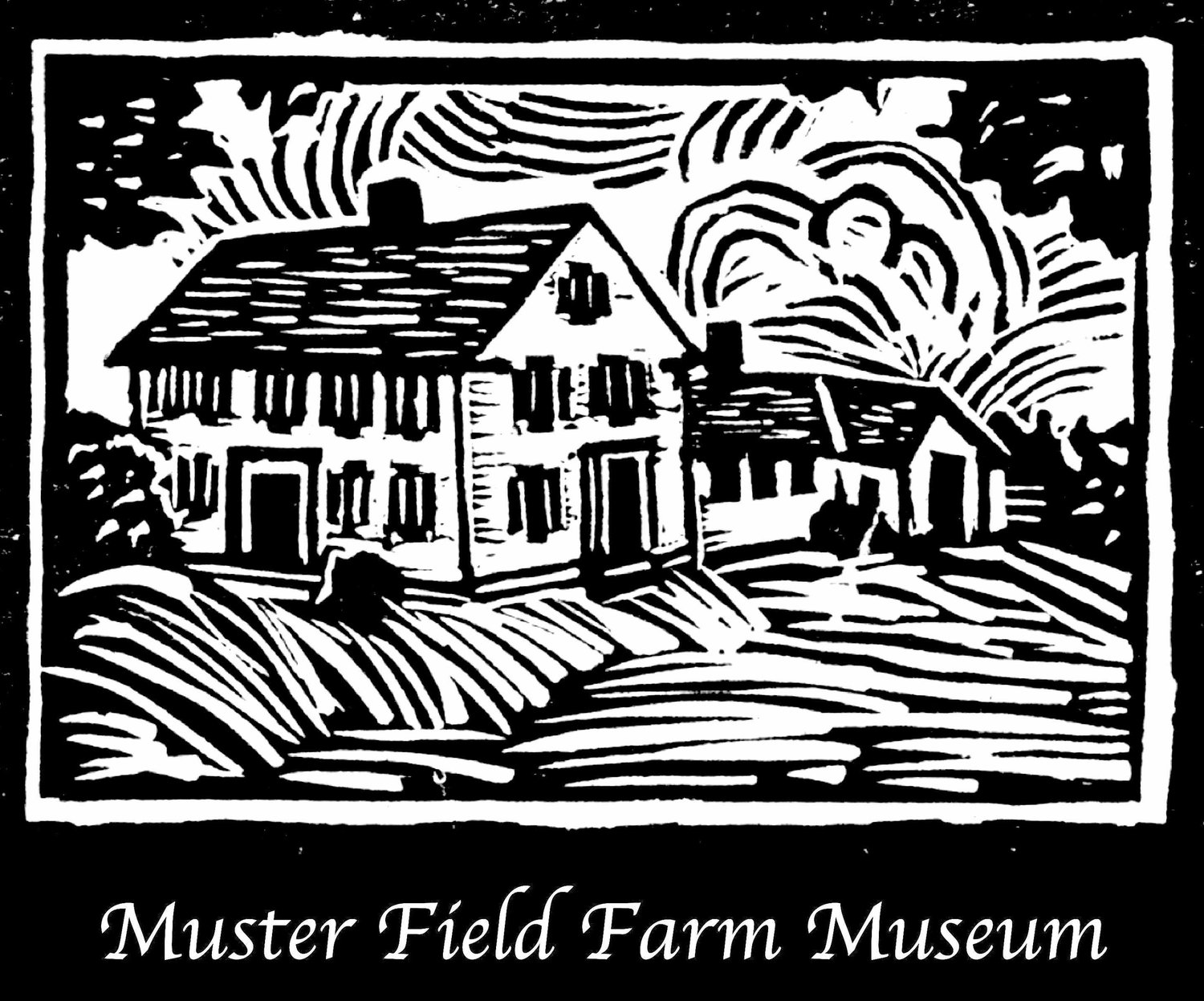History of the Farm & Homestead
Matthew Harvey was 22 when he came to Sutton in 1772. In time, he built the Harvey Homestead, acquired great wealth, and established one of New Hampshire's most distinguished families. His service to Sutton was extensive: church deacon, selectman, tavern keeper, state representative. He fathered five sons, two daughters and at his death in 1799 was Sutton's largest landowner.
Matthew's record of public service was carried on with great distinction by his two eldest sons, Jonathan and Matthew 2nd. For over a half-century, the two brothers served both New Hampshire and the nation.
Jonathan, who kept Sutton as his home his entire life and died at theJonathan Harvey Homestead, served in the New Hampshire House. He moved to the State Senate in 1816, serving as its president for six years. In 1825, he was elected to the U.S. Congress and served three successive terms. A seating plan of the 20th Congress shows his desk in front of future president James Polk and close by the desks of Tennessee's Davy Crockett and another future president, James Buchanan.
Matthew was as active as his older brother. In a remarkable display of family political power, he Matthew Harvey 2nd served as Speaker of the New Hampshire House (1818-1821) while Jonathan served as President of the State Senate (1817-1823). Their Congressional careers extended 10 years, with Matthew serving from 1821 to 1825, followed by Jonathan from 1825 to 1831. Matthew then went on to be elected governor of New Hampshire. In 1830, he was appointed a United States District Judge by President Andrew Jackson and served until his death in 1866.
Harvey Family Descendants
Harvey descendants continued to live at the Homestead until 1941, an unbroken record of over 150 years, until the house and land were bought by the family of the late Robert Stannard Bristol.





